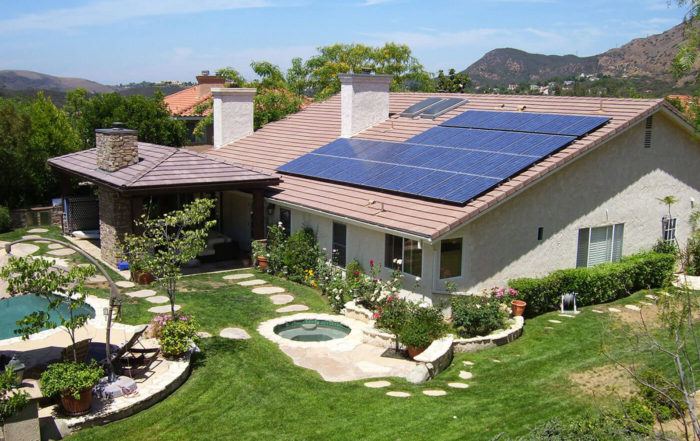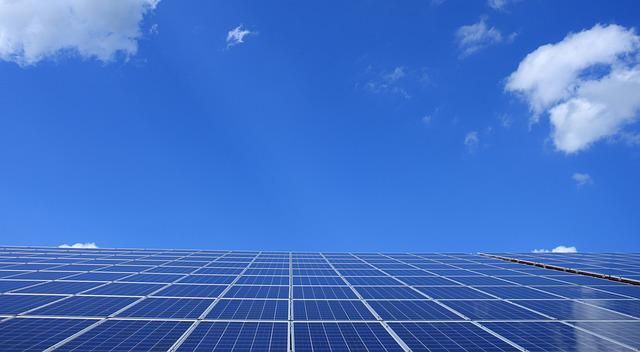
You might be asking yourself: do solar panels save money? Solar panels can dramatically reduce your energy costs over the years. Up until recently, energy costs were rising by three percent a year. Now, they are forecast to rise by only 2.8% per year. In the long-term, solar panels will be worth their cost.
Solar panels are expensive
To offset the cost of solar panels, there are many tax credits. The federal solar credit allows 26 percent off the cost of your system to be deducted. There is no limit to the amount of tax credit you can claim. A 10kW system will cost you an average of $27,000. You can claim as much as $7,202 in tax credits. You can save up to $20,498 on the total cost of your solar system.
Cost is influenced by the size of your solar panels system. A large solar panel system will require more roof area and result in higher costs. Smaller solar panels will have a lower cost. A smaller solar panel will produce less electricity, but it will usually cost less per Watt. A larger system will require more equipment and labor to install.
Payback period of solar panels
The payback time for solar panels depends on many factors such as the cost of installation, the quality of the solar panel system and the annual electricity consumption. Tax incentives and regional variations may also impact the savings. While higher electricity costs generally lead to greater savings in some areas, this does not necessarily apply to all. To get an accurate estimate, contact a local solar provider and ask for an estimate.

Add the cost of the installation to the savings on your electricity bill to calculate the payback time for solar panels. The payback period for most consumers is between six and ten years. The payback period may be shorter or longer depending on your situation. You can get federal tax credits and rebates that will reduce your payback period in many cases. Customers who live in sunny areas or have higher energy costs may see their payback time shorter. Payback calculations do not take into consideration additional benefits such as an increase in home value, but they consider ongoing financial factors.
Solar panels with high efficiency
The design is one factor that can affect the efficiency and performance of solar panels. The efficiency of solar panels is affected by the design of the cells and their configuration. It is less efficient than blue or green. Solar cells' efficiency can be affected by high temperatures. Using anti-reflective coatings and multi-junction cells will reduce the reflectance of solar cells and increase efficiency.
Obstructions such as trees, buildings and buildings can also cause solar cells to be damaged. Solar panels can be affected by snow, which blocks sunlight and reduces their power output. However, wind can cool the panels and increase their efficiency.
Tax credits
You'll be happy to know that tax credits are available for solar panel installations in your home. These tax credits can be applied to the cost of a new solar system or to parts and labor costs associated with installing a solar system. Additionally, tax credits may be carried forward to the next year. These tax credits don't apply to solar lease agreements. This means you must ensure you can take advantage of the credits.
Federal tax credits are available for solar investment. This means that you can receive a significant discount on the cost of installing solar panels in your house. In fact, the tax credit can be as much as 26% of the cost of installing a solar power system. Make sure you fully understand the requirements and rules to be eligible for this credit.

Solar panels are a great way to increase the value of your house
Solar panels can add value to your home while reducing your energy bills. A typical solar panel buyer can save hundreds of dollars each month depending on how big your home is and how much electricity you use. You should also be aware of the additional maintenance costs associated with the panels. Installing solar panels will also increase the resale value of your home.
According to the National Renewable Energy Laboratory, installing solar panels on a medium-sized home in California can increase its resale value by up to $18,324 dollars. These advantages will become more evident as you expand your solar installations.